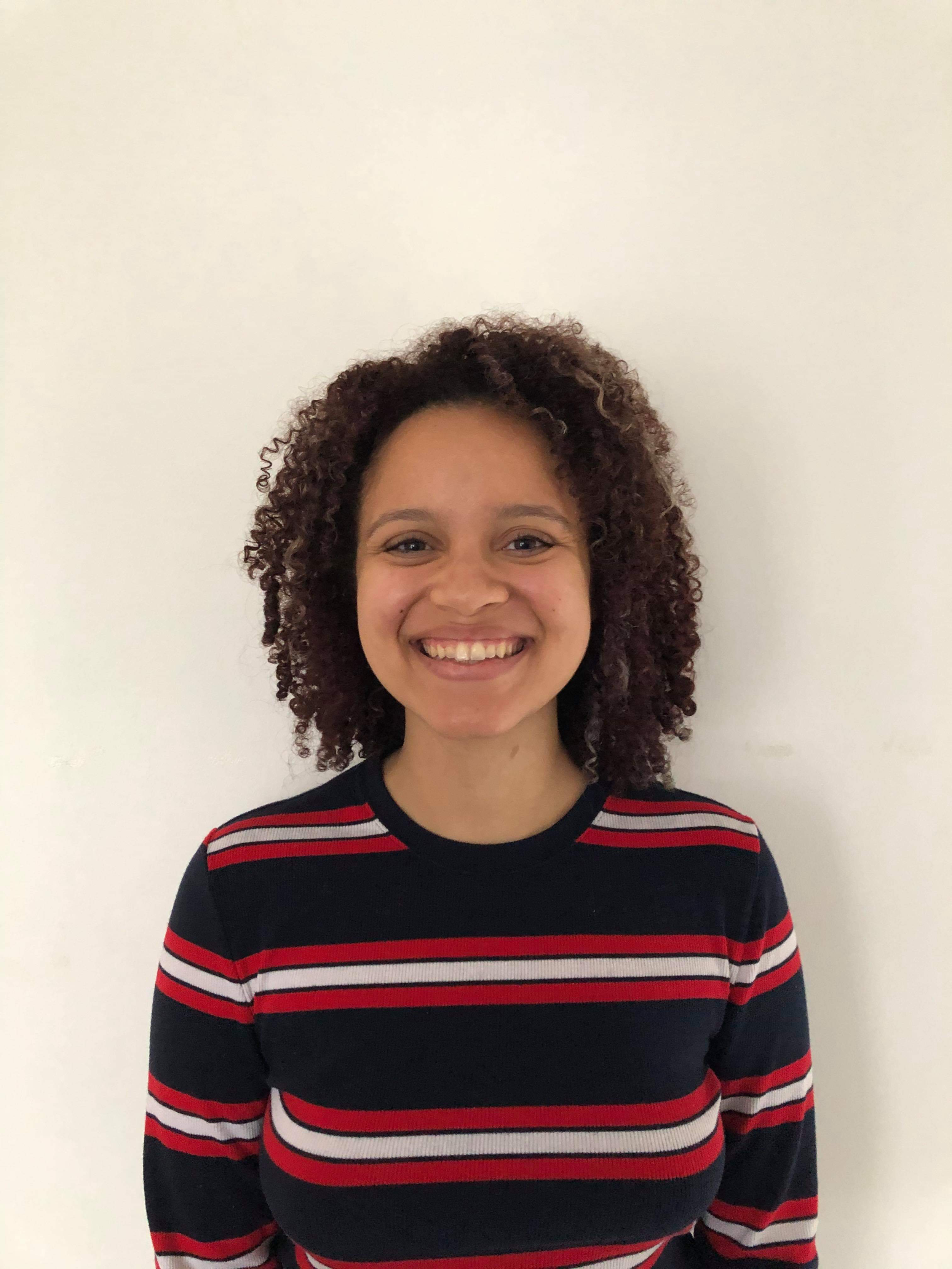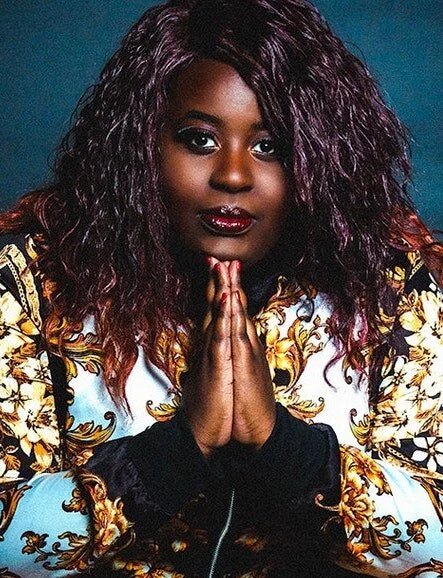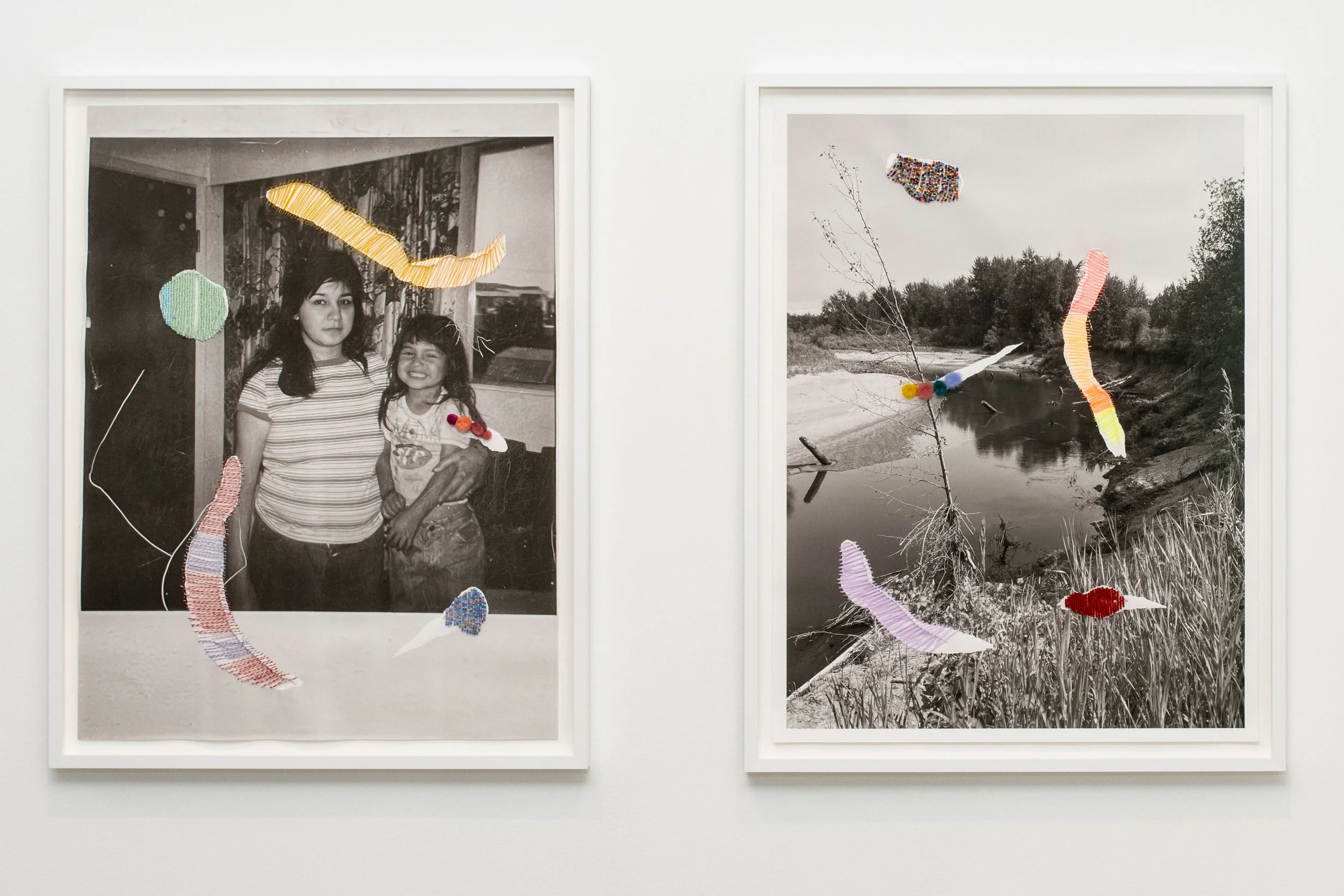Artivism: Sex and the Unheard uses everything from spoken word to dance to talk about sex
At B.C. Culture Days, Coral Santana brings together workshops on race and kink, aphrodisiac cooking shows, and more for the curious
Coral Santana is a B.C. Cultural Ambassador.
Missy D performs at the opening night cabaret for ARTIVISM: Sex &the Unheard.
Artivism: Sex and the Unheard is at the UBC Arts and Culture District and online from Friday (September 25) to October 25.
MOST PEOPLE WOULD rather forget “the talk” — that awkward moment in your gangly adolescence when your parents sit you down to explain the so-called “birds and the bees” complete with, if you’re lucky, way-too-descriptive gestures, books and diagrams. If you’re part of the population whose parents trusted the local school board to handle this intimate lesson, well, you probably didn’t fare much better.
Coral Santana, however, is hoping to change the way we think about sex with Artivism: Sex and the Unheard, a two-month-long festival with both IRL and virtual components that will explore topics that many of us have long shied away from. “Sex and the Unheard, to me, involves these topics that we, as a society, have deemed taboo or niche,” says Santana. “And they shouldn’t be because they’re such an essential part of the human experience.”
Produced by Dive into UBC, a student-run arts and culture organization at UBC that Santana is a part of, the festival will centre minority voices in its exploration of sex, gender, sexuality and body politics. These voices include sex and pleasure educators Luna Matatas and Marla Renee Stewart, as well as Shane Sable, an artist who’s part of Indigenous burlesque performance troupe Virago Nation.
They’ll be conducting dance and spoken word performances, workshops on race and kink and aphrodisiac cooking shows, among other events. The wildly diverse programming is designed to offer accessible entryways to get people comfortable talking about and engaging with sex and what it means to own your body.
“I am an Afro-Latina with an invisible disability,” Santana says. “So, for me, it is incredibly personal to talk about regaining ownership over what your body represents — especially in times like these when we have the pandemic and the Black Lives Matter movement where some bodies have been more privileged than others.”
Presented as part of this year’s BC Culture Days, Artivism: Sex and the Unheard is one of many free exhibitions, panels and workshops — taking place at socially distanced venues across the province — that encourage attendees to connect with the “unexpected intersections” in art and culture. Santana, a fourth-year film student at UBC, is one of five cultural ambassadors for the event, which gives her the opportunity to interact with Vancouver’s arts community while sharing her journey with others. “That’s the beautiful part about learning, right?” she says. “That you’re able to share it.”
Santana says, in the early days of planning, some people commented that Artivism’s theme may be a bit “too risqué.” But that perceived risqué-ness is exactly what makes sex, gender and sexuality worth exploring, especially from the perspectives of groups that are typically cast to the sidelines during such conversations.
“I would love for people to leave [the festival] with their curiosity sparked, so they can perhaps do some research about disability and sex or what’s it like to be queer in a Muslim community or something else related to another topic we’ll be dabbling in and bringing awareness to,” Santana says. “Because, even if someone doesn’t necessarily fit into one of these categories, they probably interact daily with folks who do — whether they know it or not. So why not try to learn how to best be an ally to or support that community?”















